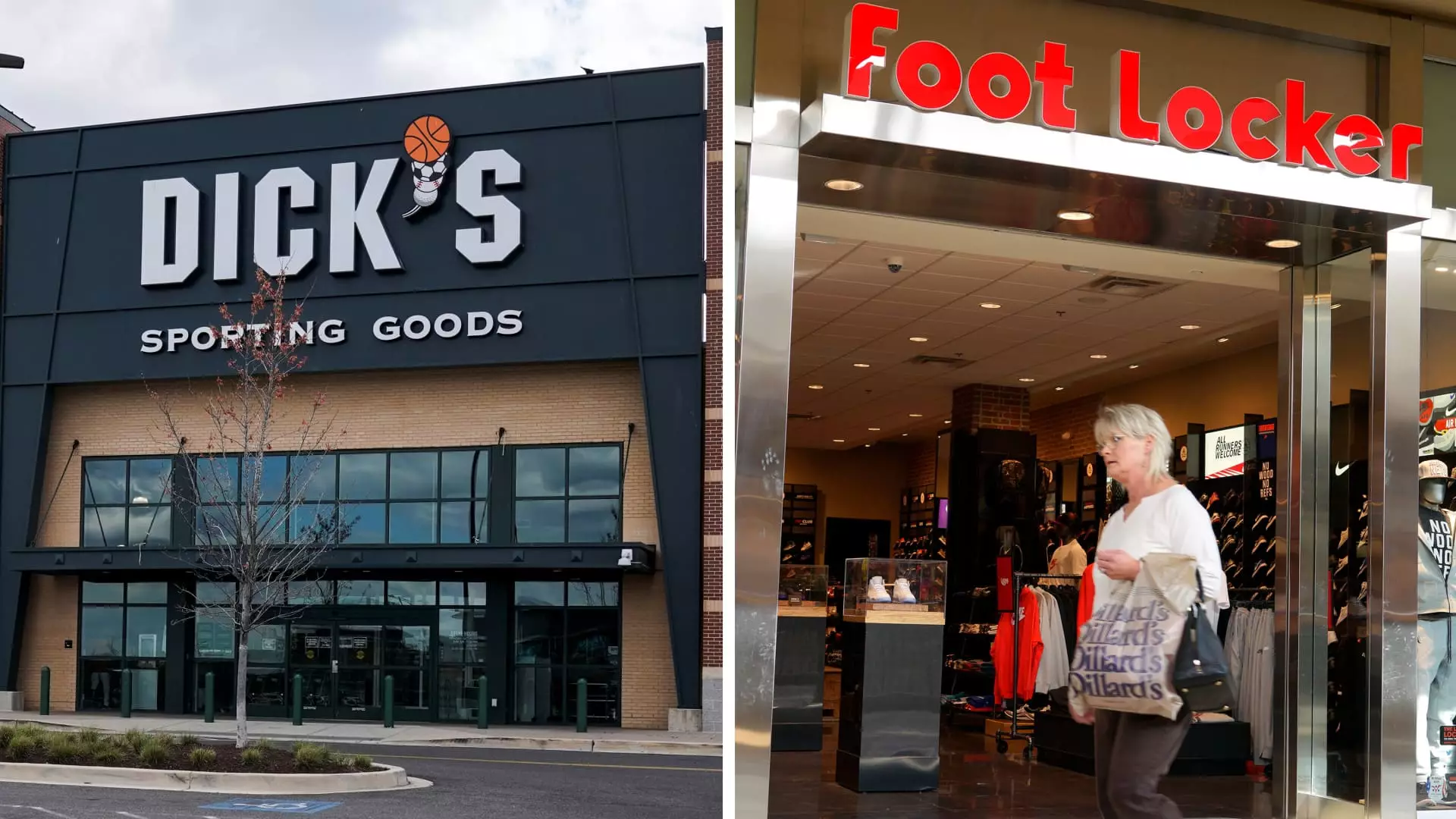The recent opposition to the proposed $2.4 billion acquisition of Foot Locker by Dick’s Sporting Goods reveals a troubling tendency among regulators and certain political actors to overreach in safeguarding competition. While protecting consumers from monopolistic practices is justified, preventing this merger on the grounds of a “potential duopoly” exaggerates the actual threat to a level that disregards market realities. The premise that two giants controlling a quarter of the athletic footwear industry would devastate competition is overly simplistic, ignoring how dynamic markets naturally evolve through consolidation and innovation. Such intervention reflects a misguided bias favoring preservation of small retailers at all costs, which often results in lower efficiency and higher prices in the long run.
Ignoring the Real Economic Benefits of Larger Retailers
The claims that bigger companies imperil small independent stores oversimplify the complexities of the modern retail landscape. Larger entities like Dick’s and Foot Locker typically contribute to product diversification, competitive pricing, and improved customer service. Their economies of scale can lead to cost savings passed on to consumers, unlike smaller retailers who often operate under higher per-unit costs. Blocking mergers based on fear of monopolistic behavior stifles innovation and inhibits the attractiveness of the retail sector for investors and entrepreneurs. The very regulation that seeks to protect small businesses can inadvertently hinder economic vitality, leading to stagnation and less choice for consumers—not more.
Political Bias and Executive Overreach Cloud the Truth
The push against this merger exemplifies a broader, ideologically tinged narrative that favors aggressive anti-corporate intervention. While Biden’s FTC has taken a more skeptical stance on mergers, this dynamic risks politicizing economic policy, especially when simply maintaining the status quo seems less about protecting consumers and more about political posturing. Conservatives and centrists should recognize that overregulation may be counterproductive, dampening market-driven efficiencies. The danger lies in allowing political motivations to skew economic decisions, harming the very consumers and workers the policies claim to defend.
The Fallacy of Market Share as the Sole Indicator
One of the key criticisms raised against this merger hinges on the combined market share of around 15%. However, this percentage doesn’t automatically warrant blocking; most regulatory standards accept that a market share under 30% rarely triggers anti-trust intervention unless other factors like geographic or product market dominance are present. The assumption that a merger of two large players within such a broad segment will necessarily lead to anti-competitive behavior neglects the competitive pressures that still exist—including online retailers, international brands, and shifting consumer preferences. By overemphasizing market share numbers, critics ignore the dynamic and adaptable nature of modern retail competition.
The Risk of Regulatory Overreaction and Consumer Harm
Ultimately, the vehement opposition to this merger risks an overreaction that may do more harm than good. Blocking an economically sound and strategically beneficial deal could limit the ability of these companies to serve consumers better through expanded product offerings, improved services, and innovation. Moreover, insisting on maintaining a fragmented retail landscape can increase prices and reduce choice, contrary to the purported objective of fostering competition. Such policies echo protectionist impulses that ultimately undermine consumer welfare by keeping markets artificially fragmented, rather than allowing natural competitive forces to thrive.
This debate underscores a critical challenge: balancing the need to prevent anti-competitive practices with fostering a vibrant, efficient, and forward-looking market ecosystem. In the current climate, overzealous regulatory actions risk tipping the scale in favor of short-term political gains over longer-term economic health, a choice that consumers and workers alike should be wary of.

